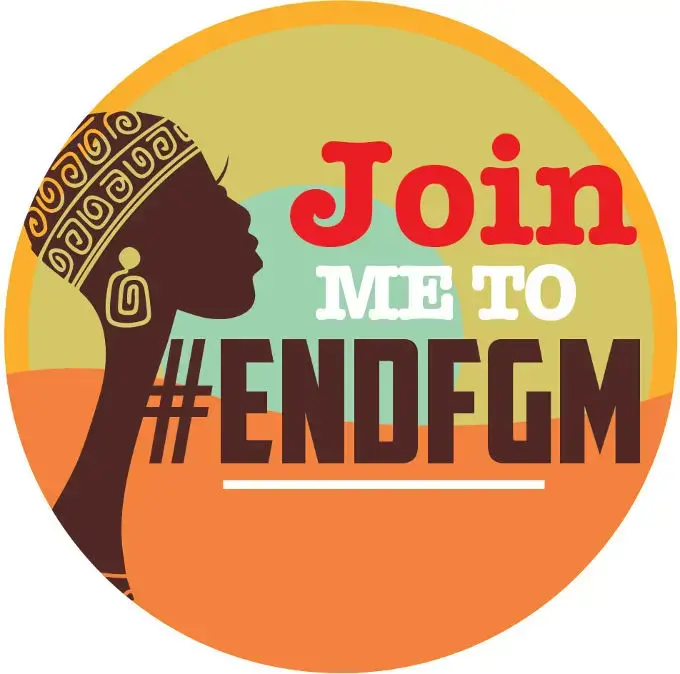Incidences of female genital mutilation (FGM) in Africa remain significantly high. According to recent data, the percentage of women and girls (aged 15-49) who have undergone some form of FGM were as high as 98%. Percentages of women and girls who underwent FGM before the age of five (5) were also at 93%. Efforts to work with Member States and communities have acknowledged that the drivers are diverse in communities where the practice is prevalent. FGM has no health benefits to young girls and women, and despite some communities turning to health service providers for cutting as opposed to traditional cutters in order to reduce associated health risks, the psychological, gynecological and obstetric impact on young girls and women remains.
UNFPA works closely with the African Union Commission, together with partners such as UNICEF and the UNECA to galvanise political commitment to eliminate FGM in Africa. This involves working at the continental, regional level and with Member States to address the legislative policy and legal environment and financing gaps, together with supporting with communities to engender a social paradigm on FGM.


